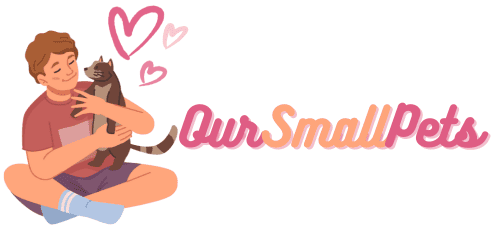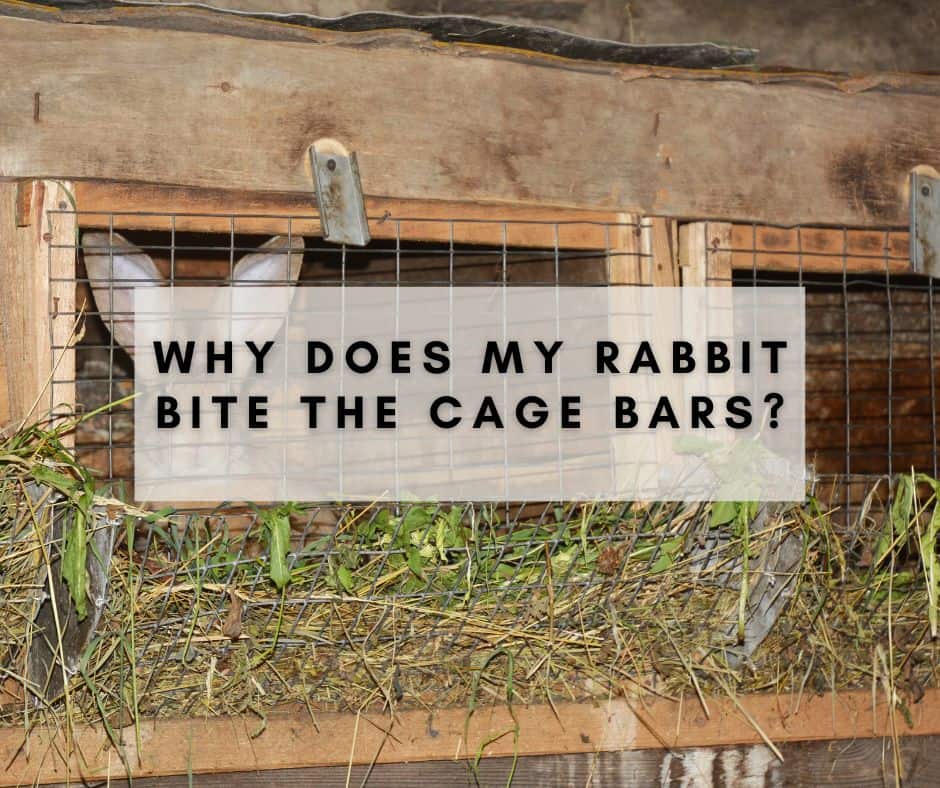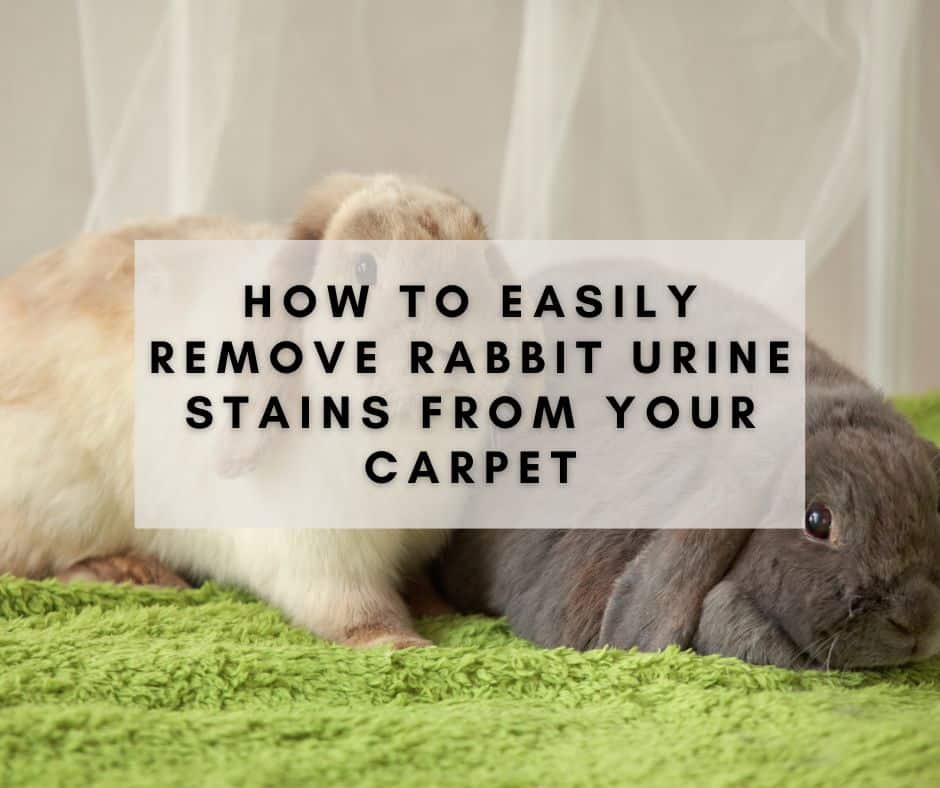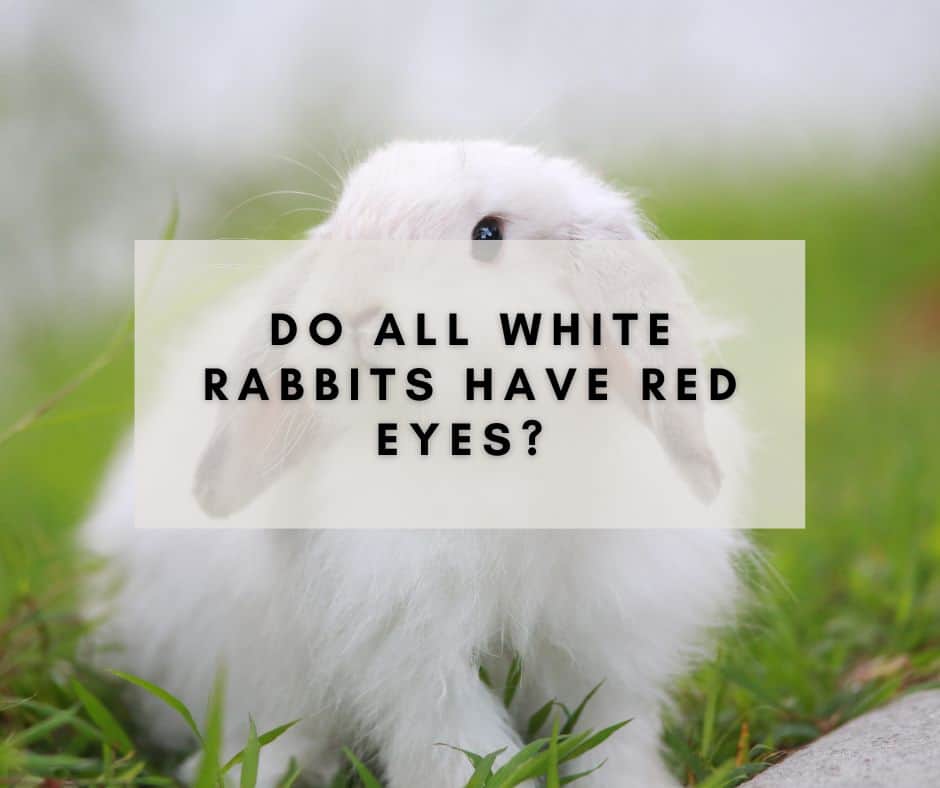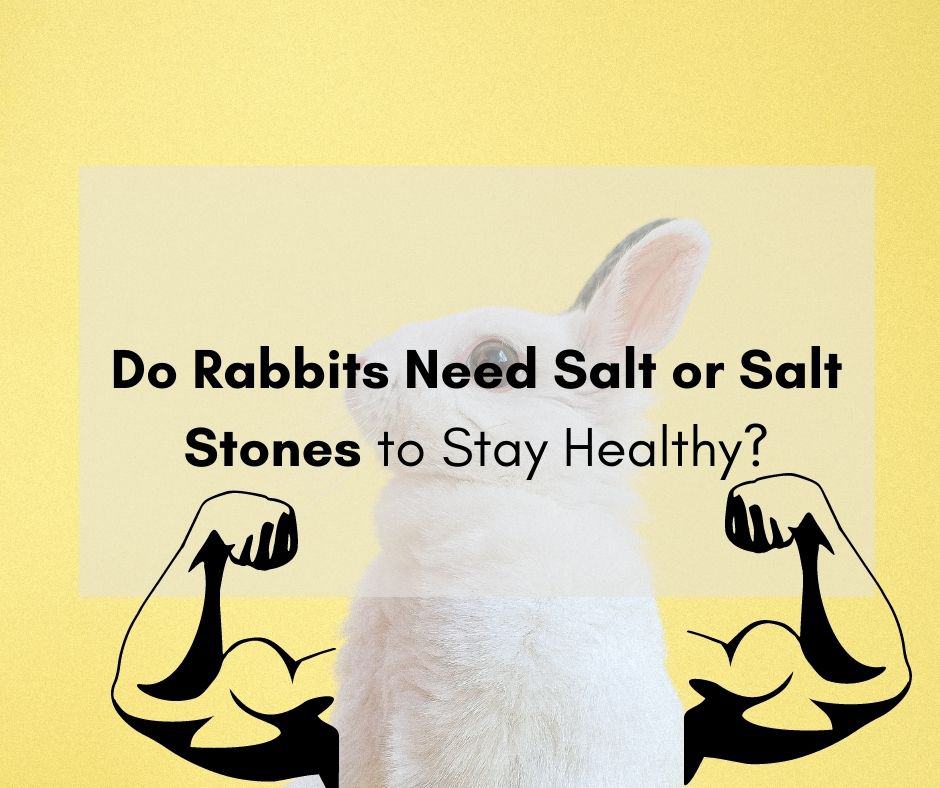
Do rabbits need salt in their diet? This is a question that many rabbit owners have. The answer is not entirely clear-cut, but most veterinarians seem to agree that rabbits do not necessarily need salt in their diet.
However, there are some benefits to adding salt to a rabbit’s diet, and if you are considering adding salt to your rabbit’s food, it is important to do so in a safe and healthy way. In this blog post, we will explore the issue of whether or not rabbits need salt in their diets, and we will also discuss the benefits and risks of adding salt to a rabbit’s food.
Contents
Is Salt Harmful to Rabbits?
Some people believe that salt is harmful to rabbits, but this is not actually the case. In fact, there are a few benefits to adding salt to a rabbit’s diet. Salt can help prevent dehydration, and it can also help improve the rabbit’s appetite.
Salt is also a good source of sodium, which is essential for proper nerve and muscle function. When you add salt to your rabbit’s diet, the added sodium will help to balance out any excess potassium that may be present in their bodies. This can prevent dangerous electrolyte imbalances from occurring.
However, if you supply good-quality hay, your rabbit will get all the sodium they need from their diet. Free-feeding salt pellets are not recommended unless you have a vet’s recommendation for it, as rabbits can easily overdose on sodium.
Is Salty Water Good for Rabbits?
Some people also believe that providing a salt lick or giving rabbits salty water to drink is good for their health. However, there is no evidence that this is actually the case. In fact, providing your rabbit with too much salt can be dangerous, as we discussed earlier.
In a study from 2007, it was found that rabbits who were given a salt lick in addition to their regular diet had a greater risk of developing urinary tract stones, which in rabbits can be lethal. So, if you are considering adding salt to your rabbit’s food, it is important to do so in a safe and healthy way. But most importantly, only with a veterinarian’s recommendation.
What Foods Should I Give My Rabbit?
Rabbits need a diet that is high in fiber and low in sugar. This means they should have hay, grass, or leafy greens at all times. Rabbits also benefit from having some fruits and vegetables as treats every day. Alfalfa hay can be given to younger rabbits because it has more protein, but it should not be given to adult rabbits because they can develop bladder stones from too much calcium. Fruit and vegetables that are high in sugar should only be given as treats a couple of times per week.
Rabbits also need access to fresh water at all times. You can either provide them with a water bottle or a bowl of water. It is important to change the water regularly and to clean the bowl or bottle if it becomes dirty.
Do Rabbits Need Minerals in Their Diet?
All animals need some minerals in their diet to stay healthy. Rabbits are no exception. However, the amount and type of minerals a rabbit needs depend on the type of rabbit food they eat.
If a rabbit is eating a good quality hay-based diet, they probably don’t need any extra salt or mineral supplementation. However, if they are eating a diet that is mostly pelleted food, or vegetables with little or no hay, then supplemental salt and minerals may be needed.
To understand why some rabbits need extra minerals in their diet, you have to first understand the different types of rabbit foods that are available and how these foods affect your rabbit’s mineral needs.
The Importance of Hay
Hay is the main type of food that rabbits eat. In general, there are two types of hay: grass and legume hays. Grass-based hays include timothy hay, orchard grass, and brome hays. Legume-based hays include alfalfa/lucerne hay and clover hays.
Grass-based hays are lower in protein and calories than legume-based hays, so they can be fed to most rabbits as a regular part of their diet. Legume-based or high-energy hay is higher in protein and calories than grass hays, so it should only make up about 20% of a rabbit’s diet and should be fed to growing rabbits, pregnant or nursing does, and obese rabbits.
If a rabbit is eating mostly grass-based hay, then they probably don’t need any additional minerals in their diet. This is because all hays contain enough calcium for most rabbits, so there are no special dietary requirements for calcium.
What About Legume Hay?
If a rabbit is eating mostly legume-based hay, then they may need additional minerals in their diet because too much dietary calcium can lead to bladder sludge and kidney stones. Calcium supplements are not recommended for rabbits that eat mostly legume-based hays because the problem of too much dietary calcium cannot be solved by simply adding more calcium to a rabbit’s diet. The problem is too much dietary calcium, not too little dietary calcium.
A better solution for rabbits that eat mostly legume-based hay is to feed them some grass hays, such as timothy hay or orchard grass in addition to the legume-based hays they are already eating.
Conclusion
In conclusion, rabbits need a diet that is high in fiber and low in sugar. This means they should have hay, grass, or leafy greens at all times.
Rabbits also benefit from having some fruits and vegetables as treats every day. Alfalfa hay can be given to younger rabbits because it has more protein, but it should not be given to adult rabbits because they can develop bladder stones from too much calcium.
Fruit and vegetables that are high in sugar should only be given as treats a couple of times per week. And lastly, remember to always have fresh water for your furry friend available!
